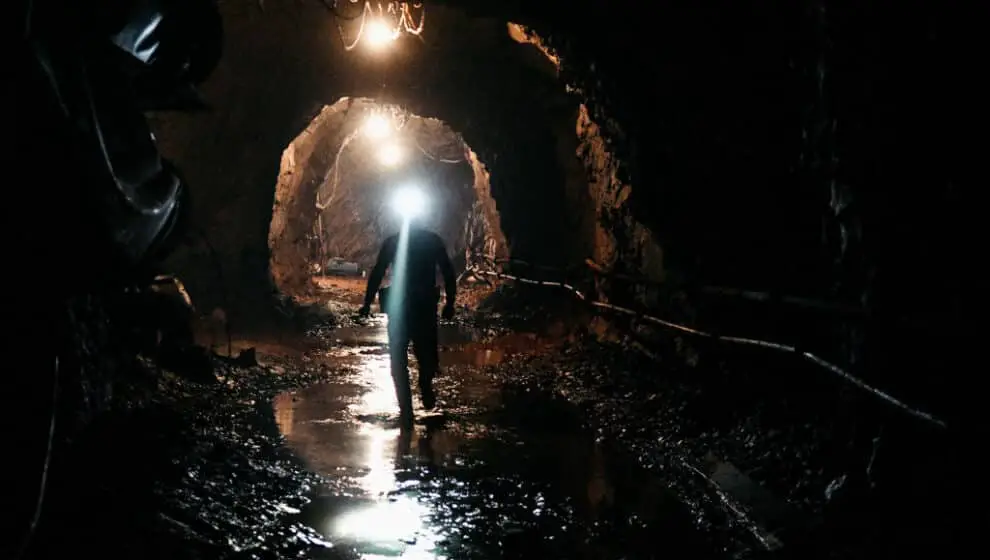A global leader in iron-ore production is committing to reducing carbon emissions.
Key Details
- Australia-based Fortescue Metals Group Ltd has committed to spending $6.2 billion to completely stop its fossil fuels consumption by 2030.
- The company says the investment will eventually pay for itself by saving money over time that would need to be invested into offsets and by way of energy-price savings, which they value at $3 billion by 2030 and $820 million annually afterwards.
- “Fortescue is committing to use a combination of wind and solar power, battery storage and hydrogen produced from renewable energy to generate the electricity and fuel needed to extract iron ore,” says The Wall Street Journal.
- “Fortescue joins a small group of companies including U.S.-based utility NextEra Energy Inc. pledging to slash emissions close to zero.”
Why it’s important
Fortescue, the fourth largest producer of Iron-Ore in the world, is joining the international push to prioritize renewable energy and climate change and countries commit the net zero carbon emissions by 2050.
Fortescue is valued at $32.16 Billion. It is one of the largest land owners in the world.
“NextEra Energy Inc… [says] that it plans to make most of its operations carbon-free by 2045, by building huge solar farms and converting its power plants to run on hydrogen fuel,” says The Wall Street Journal.
There is a necessary demand though for existing companies to offset their carbon footprint and lower emissions.
Resource mining and production are going to play important roles in the coming Green Revolution as materials necessary for construction and the creation of new technologies are going to skyrocket. As we previously reported, deep sea mining may be one means of extracting rare materials that are necessary for electric vehicle production.
Notable quote
“The commitment, the first by a major mining company, comes in response to rising pressure from investors and customers such as steelmakers, and ultimately automakers, to reduce the environmental impact of raw materials. Pulling metal out of the ground and processing it requires large amounts of energy, transportation, and water,” says The Wall Street Journal.
“That environmental footprint is one factor in curtailing production of key metals like steel and copper that are needed in massive quantities for green products such as electric cars and solar panels.”

